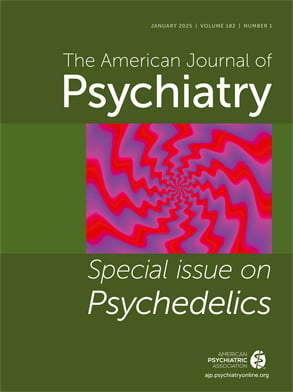To The Editor: We welcome Dr. Karkazis’ calling to attention two recent and important publications that modernize and standardize an approach to the management of what is now being called “disorders of sexual development.” While Dr. Karkazis purports that the new disorders of sexual development nomenclature—with subcategories for particular developmental aberrations—will reduce stigma and confusion, we feel that the umbrella term “intersex” will remain useful, as it has been in our patient’s case.
After decades of feeling neither fully male nor female, she found the intersex label comforting as well as descriptive of the intermediate position on the sex spectrum at which she locates herself in a resolutely bipolar male-female society. In her case, moreover, she was not diagnosed at birth, but made with surgery and hormones into an approximation of a “normal” woman, her “makeover” a mystery to her until she became an adult. By the time she learned at age 48 that the correct tissue diagnosis was mixed-gonadal dysgenesis, her issues were not with having mixed-gonadal dysgenesis but rather with understanding and reconciling her core gender identity. It will probably never be clear whether she is a hermaphrodite or a pseudohermaphrodite because the medical records that could elucidate that question are lost. She finds common cause with individuals who are united not by their specific disorder of sexual development but by their residence in the intersex hinterland between male and female.
In the small Midwestern city where our patient came to a new understanding of her sexual and gendered self, the mixed-gonadal dysgenesis diagnosis would have created even fewer opportunities for common cause with other intersex people with whom she desperately wanted to connect. For her and other patients with whom we have worked, the specific diagnosis is not the key issue; the feeling of being neither fully male nor female is. Our patient is able to connect with other intersex people—regardless of their diagnoses—around what they share, which is a potentially profound estrangement from either/or male/female culture. She is also able to represent herself more readily to members of the majority culture with the blanket descriptor “intersex” than the technically correct but abstruse mixed-gonadal dysgenesis.
Nonetheless, Dr. Karkazis reminds us that the state of the art for patients with disorders of sexual development has transcended the “optimal gender” approach that imposed such heartache and suffering on intersex individuals in the latter decades of the 20th century. Just as our patient found personal liberation via intersex web sites on the Internet, resources detailing the enlightened contemporary clinical approach Dr. Karkazis espouses are only a computer keystroke away.

